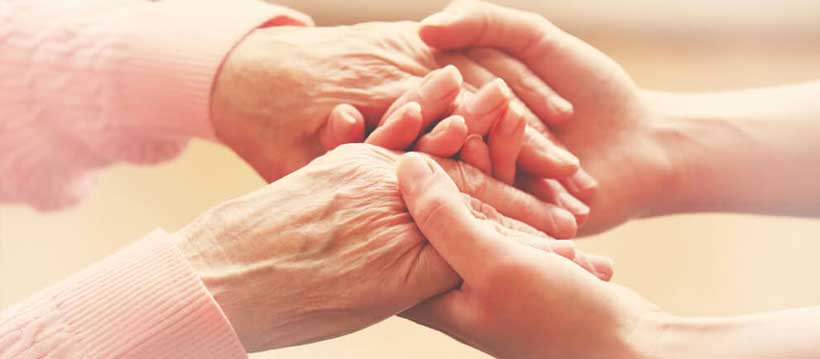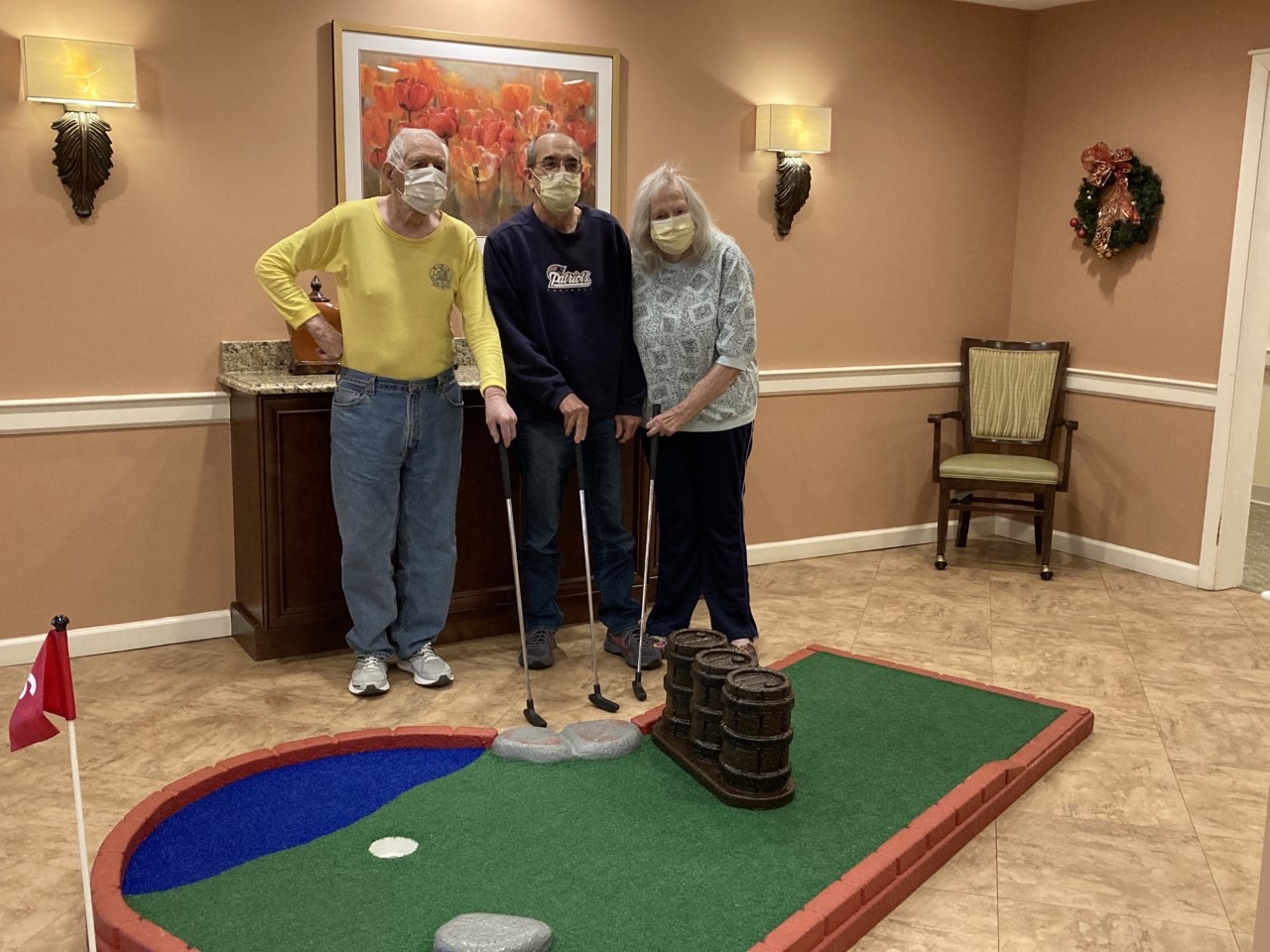Few of us expected to be taking care of our parents as they (and we) aged, but that’s a reality these days for more and more adults. Finding ourselves helping our parents make important life decisions — or having to make those decisions for them — brings with it great responsibility.
We’re living longer, healthier lives, which is a blessing in many ways. It can be a tremendous bonus to enjoy each other’s company longer than in past generations.
But whether we and our parents have been able to maintain separate residences or we’re living together, ill health often enters the scene as time passes, further complicating our entire environment.
When serious health issues arrive, we can find ourselves trying to help long distance, or having to create new ways of managing our work and social lives each day at home to accommodate the needs of an ailing parent — or two. It’s a balancing act for everyone involved, made more stressful through guilt feelings on all sides, straining our relationships and causing fatigue and resentment. For people whose family connections weren’t strong in the first place, this combination can feel overwhelming.
Thankfully, there are local resources available to provide some relief for everyone. Caregivers and those for whom they care can both get a break — and a boost — when services like SALMON VNA can be brought into a home for medical needs, or when the person needing care travels to a program such as an adult day health center. Adult day health offers a full day of stimulating socialization and varied activities, with meals, assisted bathing, and more. These options help make home situations better.
Caregiving is not for the faint-hearted; it requires us to be our best selves in trying circumstances. Whether or not we avail ourselves of outside resources to help, it’s important for those caring for others on a regular basis to maintain good health.
We can only give others what’s need if we are feeling well ourselves.
Get some sleep
One basic need is addressed by Anne-Marie Botek in Top 6 Reasons Caregivers Need Sleep appearing on AgingCare.com:
“..The thought of getting a solid eight hours may seem like a pleasant pipe dream… Yet, studies linking inadequate sleep to a number of physical and mental ailments continue to pile up. Begging the question: Can anyone, especially those taking care of an elderly loved one, afford to skimp on their snoozing?
There are a multitude of reasons why a caregiver needs to prioritize getting a solid amount of shut-eye. Among other things, sleep:
Magnifies memory: Worried that you’re loved one’s dementia might be rubbing off on you because you keep forgetting where you put your keys? It might just be that you’re not getting enough sleep… Scientists have concluded that …the process that makes a memory a permanent fixture in a person’s mind is believed to only occur when a person is asleep.
Decreases depression: … According to the National Sleep Foundation, not getting enough sleep may increase a person’s risk for developing depression. It can also intensify symptoms in people who already suffer from the disorder.
Curbs cravings: Find yourself reaching for that tub of ice cream more and more often? Compared to their well-rested peers, those who don’t get enough sleep may be less able to resist the temptation to dig into unhealthy comfort food….
Slashes stress: It’s perhaps the single most common affliction of family caregivers. Studies show that, when you fail to get the necessary amount of sleep, your brain will hit the panic button, causing your stress levels to elevate.
Heightens health: Even if you can find the time and finances to exercise and eat healthy, if you’re not getting enough restful sleep, your efforts may be for naught. Countless research studies have linked inadequate sleep with a variety of health problems, including: increased risk of developing certain cancers, higher blood pressure and cholesterol levels, and heightened inflammation.
Axes anxiety: Too little sleep can make you go from concerned caregiver to wound-up worrywart in no time… Brain scans of sleep-deprived participants showed that they experienced a dramatic increase in the brain activity linked with heightened anxiety.”
Get some support
Keeping perspective as we care for others is another important aspect of caregiving. That can be accomplished through continuing our close friendships and talking regularly with family members for their views — whether or not they participate directly in caregiving with us.
In addition to those connections, an often-helpful component of maintaining a healthy perspective can be attending a support group.
Such groups, typically meeting monthly, are sessions that provide support and guidance in a confidential setting, allowing the opportunity to share feelings, ideas, concerns and some laughter. Participants gain greater confidence through learning specific strategies to help improve the quality of daily life – for everyone in the situation.
Support group leaders can provide education about dementia and Alzheimer’s disease and its progression from early to later stages. These illnesses present particular challenges for caregivers because, as each patient’s stage and symptoms change, approaches to their care and comfort may need to change as well.
Support groups operate within a set of “ground rules” that allow for the give and take of information by asking participants to share their insights and experiences (rather than give advice), and to respect and tolerate the views, opinions and decisions of others in the group. Participants report they have come away with improved attitudes that enable them to be more compassionate in their caregiving.
According to Gary Davis, LSW, CDCM, SALMON Health and Retirement Tapestry Program director, “A lot of people feel reluctant to come to a support group because they think it’s like therapy; they’d have to bare their souls. But people generally use it as an opportunity to brainstorm. It’s a resource.”
Davis encourages individuals who choose to attend support groups: “Congratulate yourself for showing up, because facing problems and trying to solve them takes courage.”




